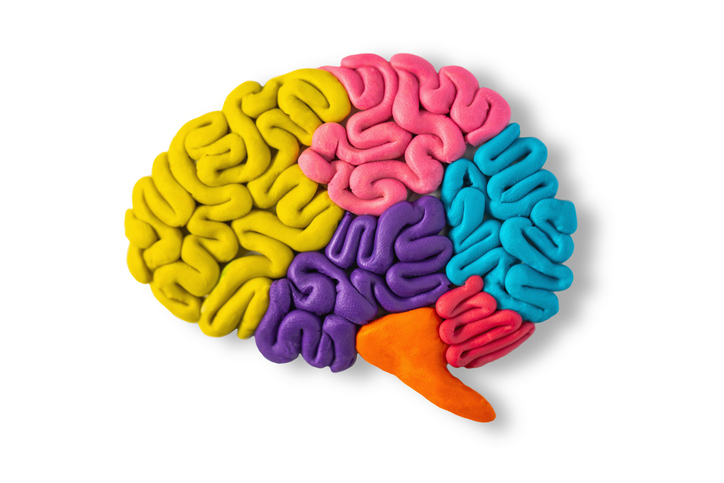Bigger isn’t Always Better
Experts have long believed that the larger the hippocampus, the better the memory. Now, however, research has shown that the size of your hippocampus doesn’t predict memory or learning abilities.
Researchers in Germany examined 330 older adults and found that having a larger hippocampus is only beneficial if you also have more white matter circuitry intact. That’s because this circuitry helps link the hippocampus to the rest of your brain.
Source: US News & World Report
Toxic Amyloid May Not Cause Alzheimer’s
The prevailing hypothesis for what causes Alzheimer’s has been the accumulation of toxic beta-amyloid. A new study, however, has found that while the build-up of beta-amyloid is associated with Alzheimer’s, it doesn’t cause the condition.
Source: Medical News Today
Yoga May Improve Brain Health
Researchers found a link between yoga movements and breathing practices and an increase in key brain areas that are responsible for thinking clearly, decision-making, memory and regulating emotions.
The study also found the benefits of yoga for the brain were similar to those of aerobic exercise. Yoga affected the hippocampus, amygdala and prefrontal cortex.
Source: HealthDay
Scientists Get Closer to a Dementia Vaccine
Despite the prevalence of dementia, treatments for the disease have often failed. Researchers believe this is because drugs are introduced too late in the disease process, which makes it too hard to bring the brain back into a healthy state. Because of this, scientists are working to create a vaccine that can be used to stop dementia in its tracks. It would target the accumulation of two proteins in the brain.
Source: Medical News Today
Cardiorespiratory Exercise Helps Brain Matter
Researchers have found that cardiorespiratory exercise like fast walking, biking or swimming helps increase gray volume matter in the brain. The volume of gray matter correlates with various skills and cognitive abilities. Results from the study showed cardiorespiratory exercise — any exercise that increases your heart rate — may contribute to improved brain health and decelerate a decline in gray matter.
Source: PsychCentral










